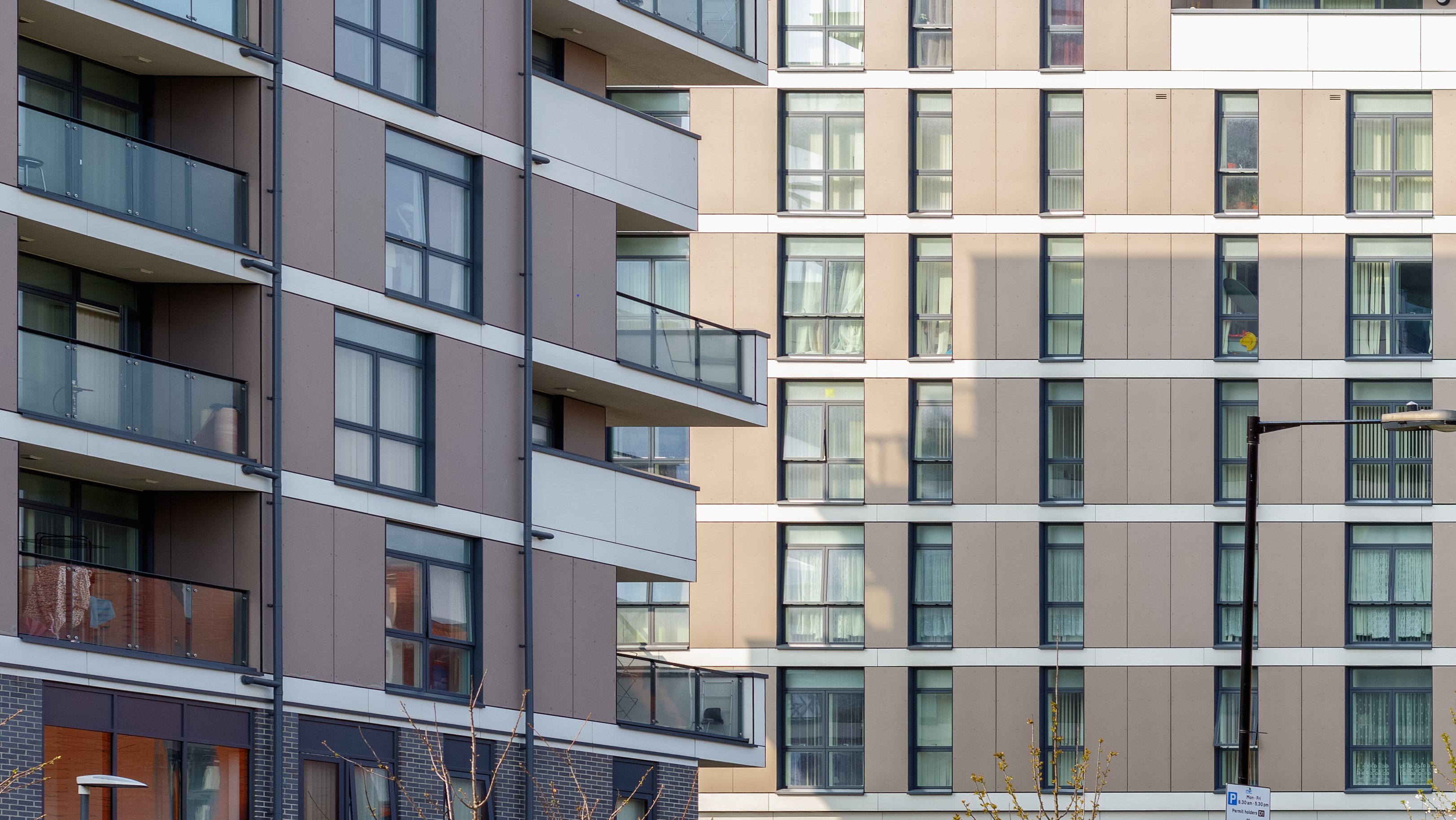
In a 15 March letter to the building control profession, Health and Safety Executive (HSE) director of building safety Philip White outlined new transitional arrangements for registering building control inspectors in England.
These new transitional arrangements provide a 13-week grace period from 6 April to 6 July, allowing building control professionals to complete their competence assessments.
However, while this extension from the original 6 April deadline offers valuable additional time, it is important to emphasise that this is not an excuse for procrastination or delay. There will be no further extensions beyond the transitional time frame.
Regulator engages with profession on concerns
These measures come in response to concerns expressed by building control stakeholders, including RICS, about professionals' readiness to meet the stringent registration criteria within the mandated timeframe.
The Building Safety Regulator (BSR) acknowledged the validity of these concerns, and also saw the potential harm to the construction sector if a sufficient number of inspectors failed to register by the legal deadline.
But the BSR has balanced these concerns with the need to follow the Building Safety Act 2022 requirement for the building control profession to raise its standards. This is especially important because of the Grenfell Tower fire and subsequent Hackitt review that led to the legislation.
The 2022 Act introduced plans to regulate the building control profession. Since then the BSR has worked closely, and communicated widely, with representative bodies such as RICS to prepare for implementation of mandatory registration.
Inspectors' competence and conduct regulated
Furthermore, the standards that professionals must meet to demonstrate their competence have been regularly communicated to the profession: the building inspector competence framework (BICoF) went through a full public consultation between October and December 2022 and was published in April 2023.
The BICoF sets out the requirements for registered building inspectors. It includes four classes of registration, numbered 1–4, with the class that inspectors are required to achieve depending on the complexity and risk of the building work. They must select an appropriate class and demonstrate their competence through an independent assessment scheme.
All registered building inspectors must also sign up to the code of conduct and are accountable to the BSR. The code demands that inspectors do not act beyond their individual competence.
Proactive support helps ensure safety
The BSR's proactive approach to addressing building control concerns has been positively received by the profession. A cohort of professionals has engaged with the registration process, reflecting a widespread commitment to comply with regulatory mandates and uphold standards.
The transition to a registered profession is in line with the BSR's enforcement policy and the principles of fair regulation. It will therefore focus on reducing the risks posed by non-compliant individuals and those reluctant to engage with the new rules.
The regulator will use its oversight when needed, making targeted interventions. It will direct its regulatory activity towards building control bodies and inspectors who have not registered and who are not engaging with the regime.
Building control professionals must actively engage with the assessment and registration process, recognising their critical role in improving building safety and restoring public trust after recent tragedies. This ensures public safety and professional integrity.
For professionals navigating the registration process, the BSR provides access to comprehensive guidance and support, and remains committed to ensuring the required resources and help are available.
The BSR also expects employers to support staff by making sure they have time to complete the assessment process and providing assistance and support to help them succeed.
'A cohort of professionals has engaged with the registration process'
Compliance demonstrates commitment
As the new deadline for registration approaches, building control professionals must remain vigilant and proactive in fulfilling their obligations. Compliance with these rules is not only a legal duty but also a moral one. It shows the profession's dedication to promoting safety, integrity and professionalism.
BSR's transitional arrangements represent a proactive, pragmatic decision. The extension period will allow building control to operate as normal while professionals complete their competence assessments.
The building control sector is undergoing a significant change that it must embrace, adapting to evolving regulations and demonstrating its commitment to building safety.
RICS is also supporting the profession with its Building Safety Act information centre and Frequently Asked Questions, offering up-to-date information on building control in England and Wales and on assessment of competence schemes, as well as links to all secondary legislation.

